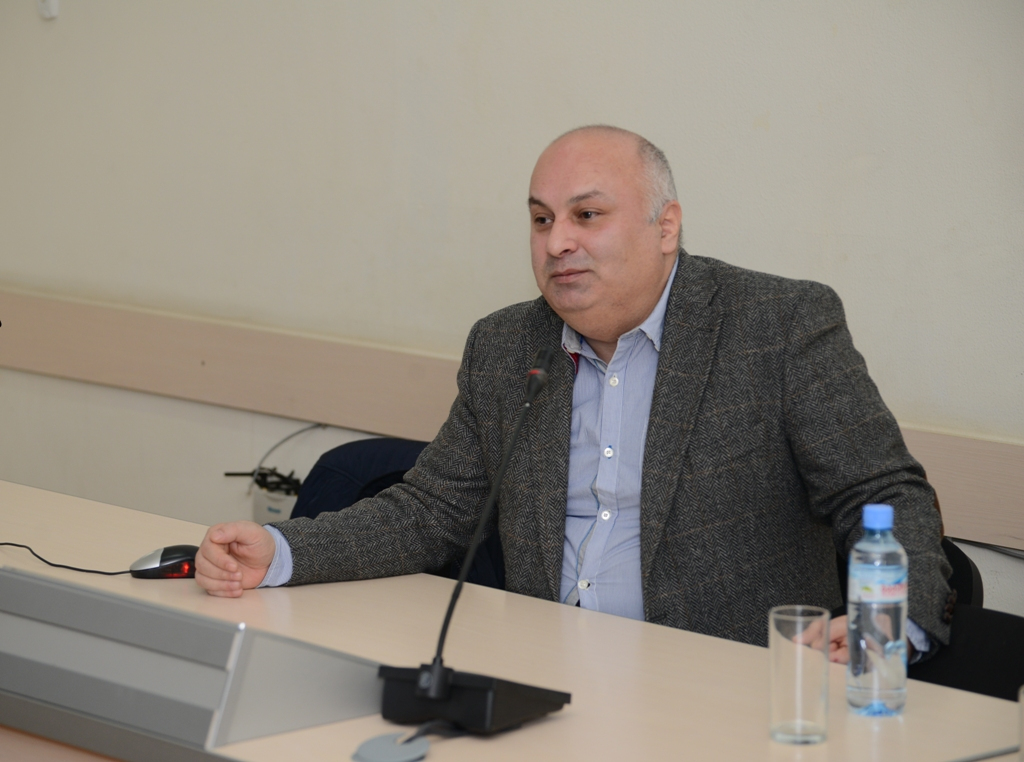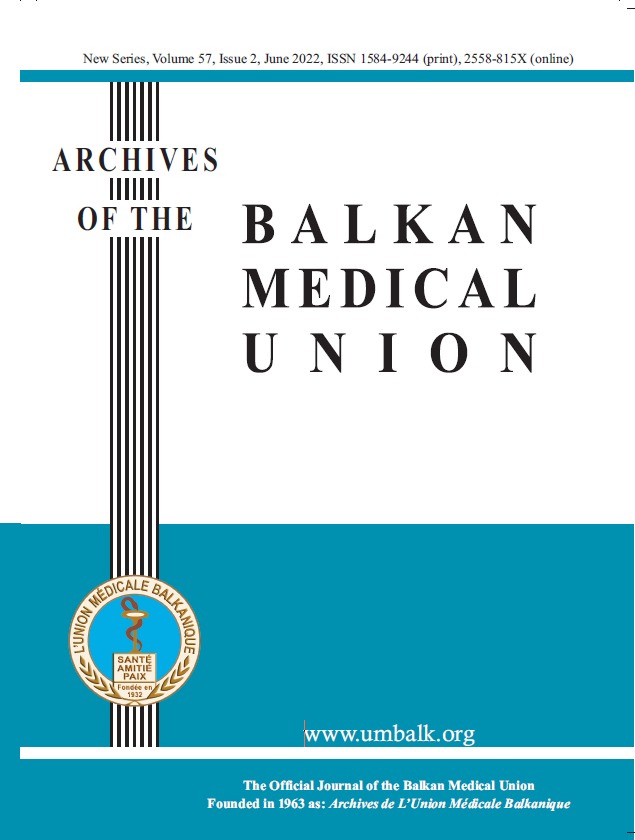The scientific article "Development of public health in Georgia: Challenges and policy issues" by Caucasus University professor Tengiz Verulava was published in the internationally refereed journal "Archives of the Balkan Medical Union".
Article link: https://umbalk.org/wp-content/uploads/2022/06/07.DEVELOPMENT-OF-PUBLIC-HEALTH-IN-GEORGIA.pdf
Verulava, T. Jorbenadze A. Development of public health in Georgia: Challenges and policy issues. Archives of the Balkan Medical Union. 57(2):179-184.
The journal "Archives of the Balkan Medical Union" is indexed in international scientific databases of SCOPUS. CiteScore - 0.8
https://www.scopus.com/sourceid/100850
Public health protection provides disease prevention, health promotion. By studying the epidemiology of diseases, it becomes possible to rationally and effectively apply resources to solve priority problems, which is especially important for a low-income country like Georgia.
In 1995, as a result of reorientation in the Georgian health care system, the foundation was laid for a new approach to public health, which was aimed at implementing unified mechanisms of preventative medicine in the country and developing effective mechanisms of state epidemiological surveillance. In the process of reorganization, the main emphasis was placed on the preventative model of health care.
A new infrastructure of public health built on European principles was formed, which included departments of public health, sanitary supervision and hygienic norms. Three subdivisions were defined under the Department of Public Health: The National Center for Disease Control, the Center for Health Promotion and Disease Prevention, and the Center for Medical Statistics and Information.
In order to decentralize, a two-level system of public health services was established at the central level and at the local/municipal level. Public health financing was distributed at the central and municipal levels, and management and administration at the central, regional and municipal levels. The creation of the Lugar Center, which is currently one of the best bases for scientific research in the biomedical field and biosafety in the Caucasus region, is particularly noteworthy.
The system of managing measures for health promotion, medical-prophylactic examination of the population and establishment of a healthy way of life was launched. The main difficulty in carrying out the reorganization of the public health service was the incomplete financing of state programs. The health care system suffered from chronic underfunding, as the state often failed to fund promised obligations. A challenge was the weak integration of primary health care capacity to perform public health functions. Despite the above, the establishment of a public health network in Georgia was of great importance, both in terms of organizing epidemic surveillance and improving the disease control system, as well as in terms of predicting epidemics and developing and implementing adequate preventive measures.
The role of public health is especially increasing in the modern globalized world, when epidemics and pandemics of infectious diseases have become relevant. It requires an increase in the role of public health measures and further deepening of cooperation between the state and the private sector in the health sector.


